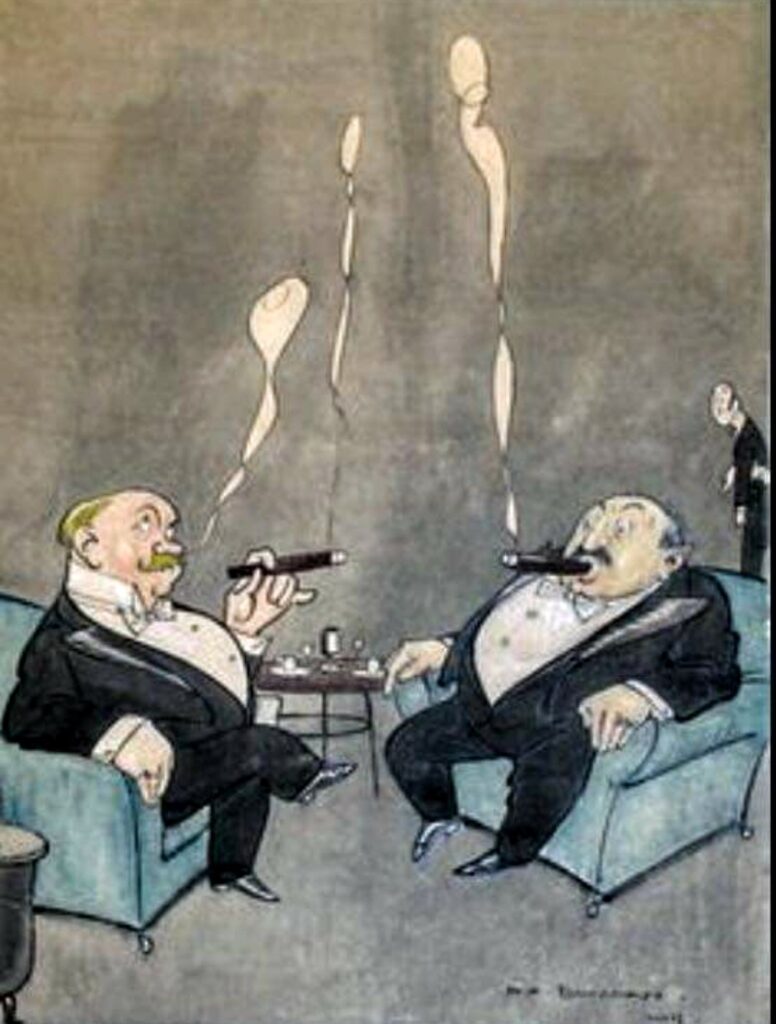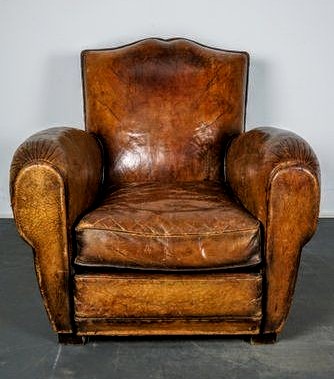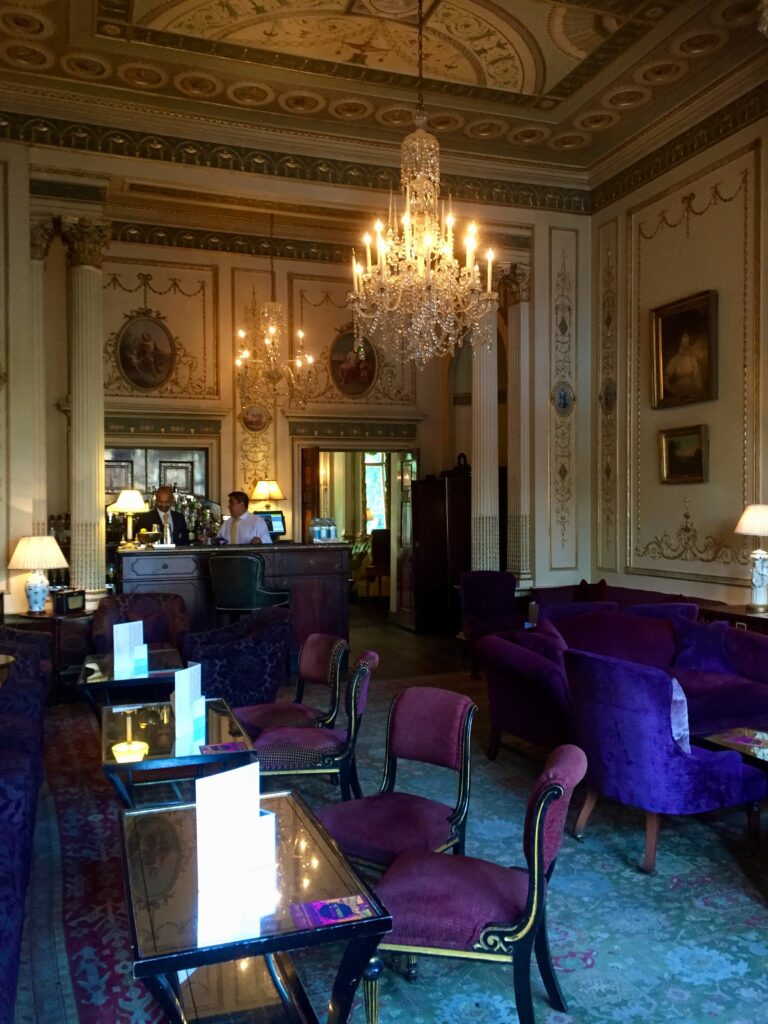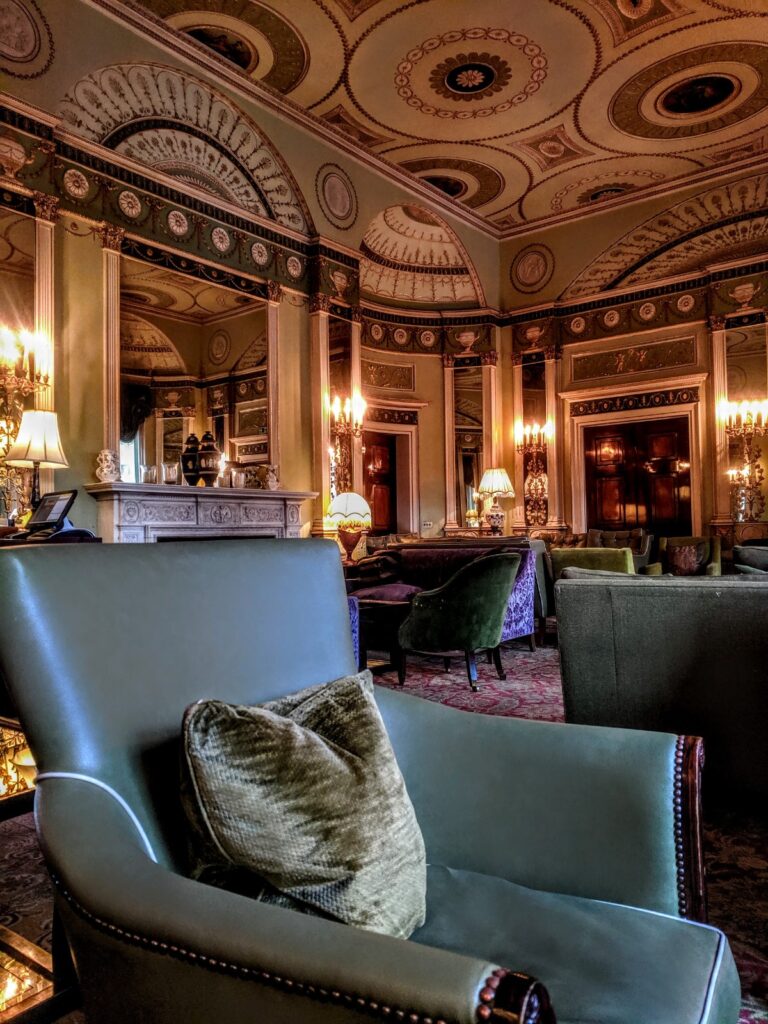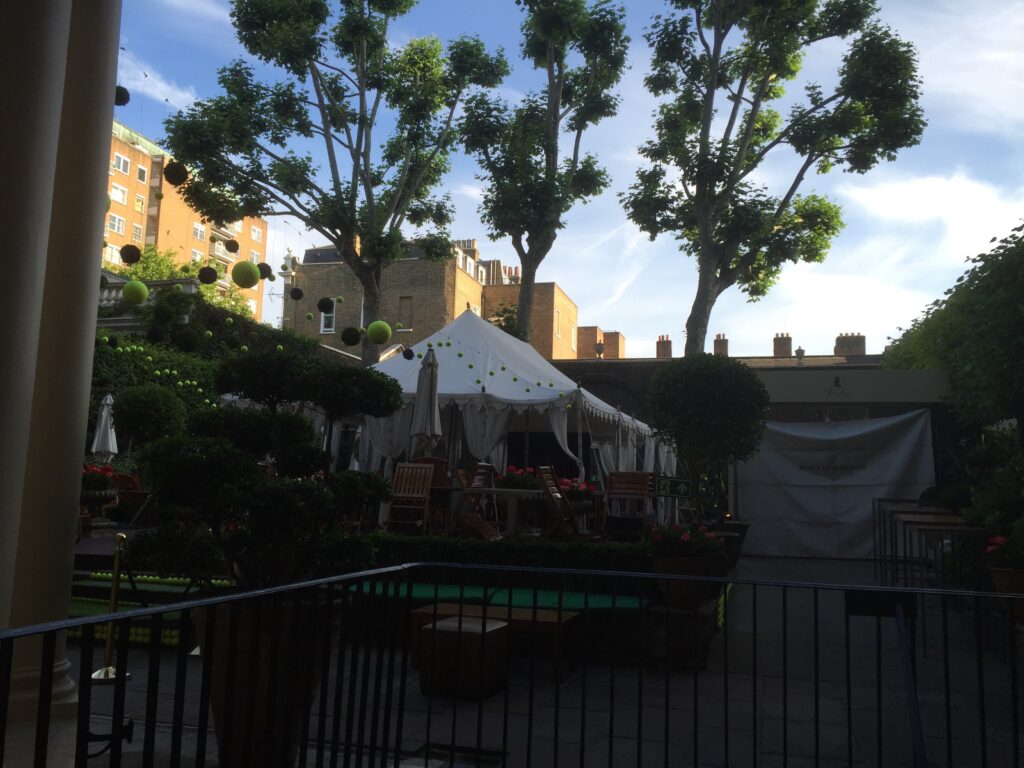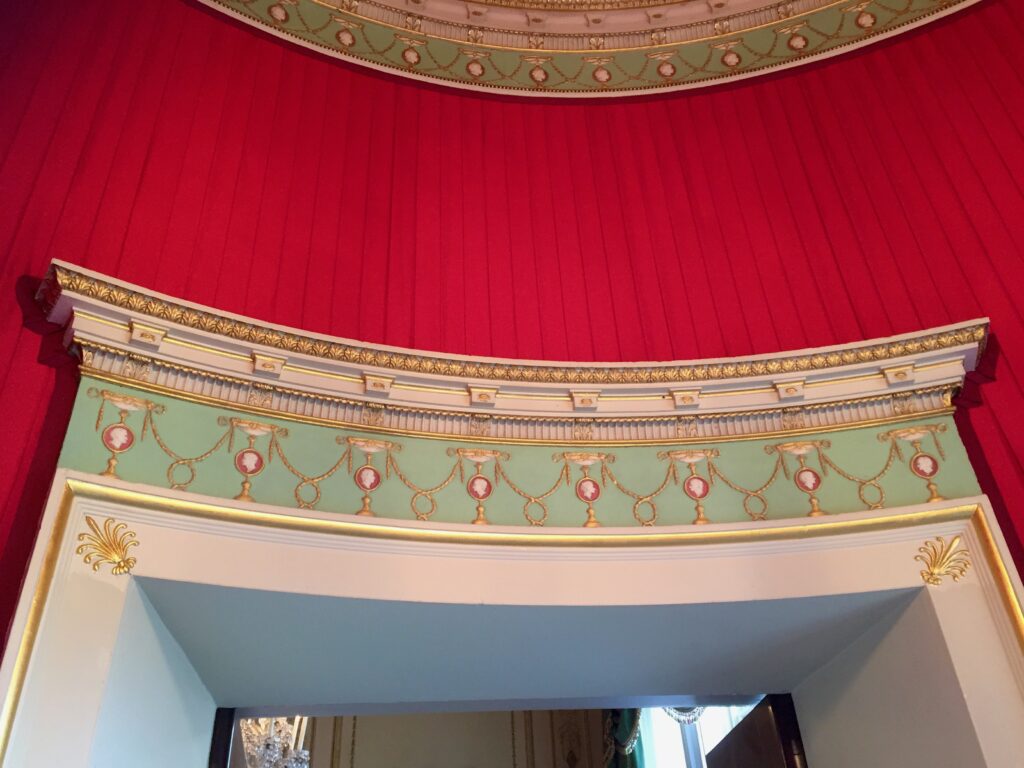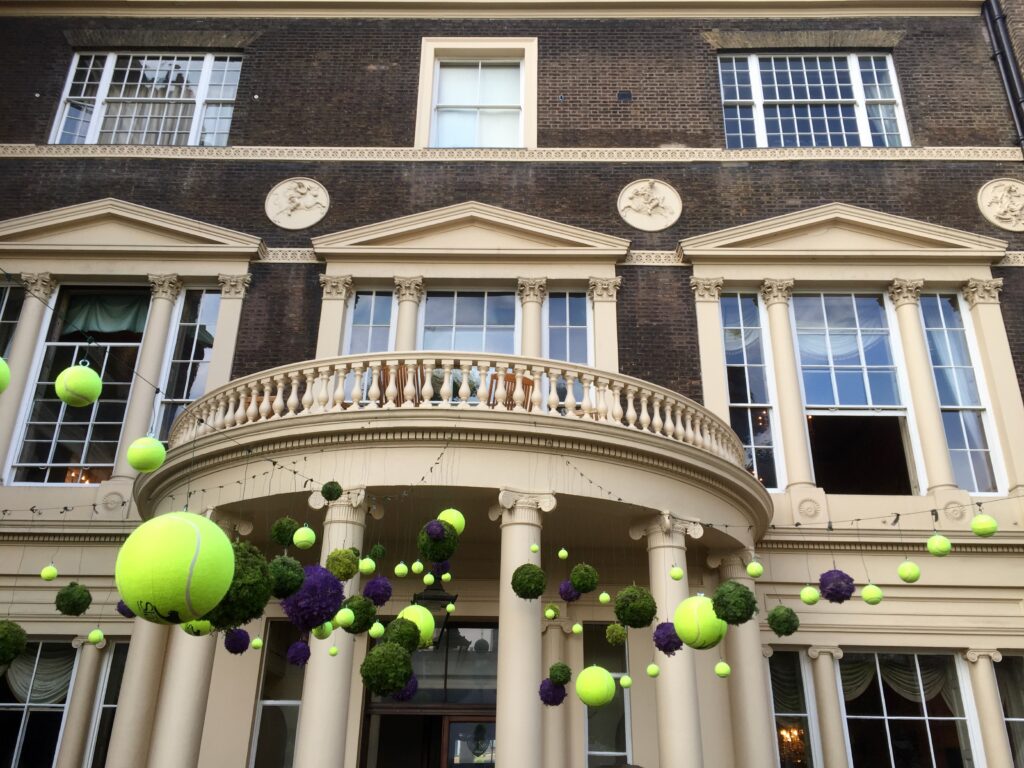There is an episode of the TV show Frazier where the insufferable snobs that are Niles and Frazier Crane vie with each other to get accepted for membership into Seattle’s exclusive – but fictional – Empire Club. As Frazier admits, he has always wanted to say “If anyone wants me, I’ll be at my Club.” It satisfied a deeply ingrained sense of self-worth and entitlement inside him. Something I can, regrettably perhaps, entirely relate to. It gives me great joy, I confess, when the concierge staff at my Club – Antoni, Sam, Davit – greet me by name within three steps of entering the premises. I know they can be trusted with anything. And I know I am safe – back in my home from home where the outside world can be kept at arms length.

In the UK, perhaps more than anywhere else in the world, we love a Club. Well, at least some of us do. I do not mean Working Men’s Clubs, the Wheel Tappers and Shunter’s Club or the Batley Variety Club, lovely as I am sure they are. I mean a Club club, with a capital C. They used to be known as Gentlemen’s Clubs, but now, in an age when most (but not all) admit women members, they tend to be described as Private Members Clubs.
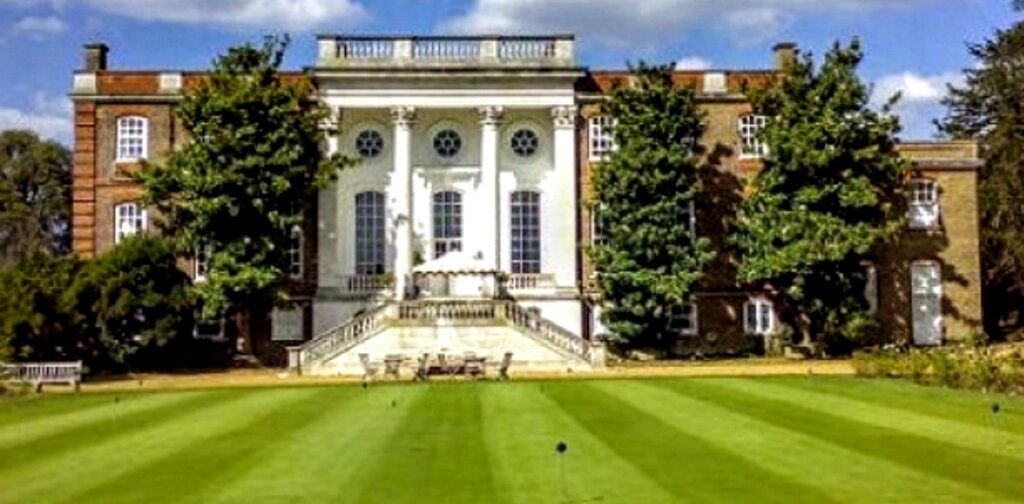
London is, of course, the Mecca for such institutions, although this is no big surprise when you understand that they were originally intended as a home from home for the Squirearchy when up in the Capital attending to business or for the Season. Pall Mall and St James’ Street is associated with these private members clubs most popularly, playing home to such bastions of privilege as the Athaneum, the Oxford and Cambridge, and the Carlton Club (the Tory Party’s spiritual HQ). My father joined the Lansdowne Club, which was a pioneer in its days as it opened expressly with both male and female members in 1935 when no other London club accepted women members. Clubs have recIprocal arrangements with other Clubs, both in London and overseas. The Lansdowne, when bedrooms are overbooked, has a reciprocal with both the Carlton Club and the Caledonian (think Scotland in the heart of the Sassenach capital). I have stayed at both several times. When the doorman at the Carlton greeted me in my refugee status as there was ‘no room at the Lansdowne Inn’, his words were: “Welcome to a proper Club, Sir” – both welcoming me and insulting my Club (and therefore me) in the same breath.

Oh yes, there is a hierarchy between clubs. My father always thought that anyone joining the RAC, for example, was rather infra dig. Snobbery is rife. And visiting the Caledonian as an Englishman you are enveloped in a world where everything is inverted: villains and traitors to England are here hallowed as heroes and have busts, statues and rooms named after them. Clubs are a microcosm of the world view they subscribe to: dine at the Carlton and you eat under the gaze of vast portraits of Lord Salisbury and Disraeli. Walk downstairs and you pass under the hawkish gaze of Lady Thatcher. If you want to use your mobile phone in the Lansdowne, you must go underground, literally, to the sports area and closet yourself in one of three old telephone booths so that any call is punctuated with the sound of a friendly assault from the fencing piste or the thud thud thud of a squash game. Clubs don’t like modern technology, especially of the telecommunications kind. In the Caledonian, you’ll feel right at home if your home is 20,000 acres of moorland peopled only by tartan wearing Highlanders and the odd 14 pointer stag. Oh, and if your tableware is primarily made of rams horns gilded in silver.
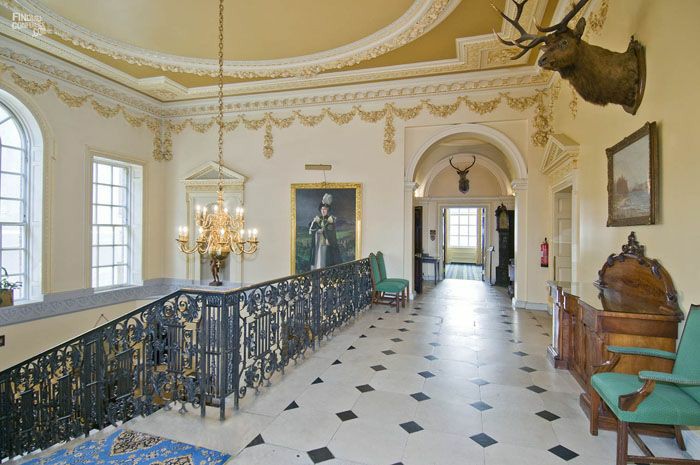
Which is where the new generation of London Clubs has found its place: to give a home to people who live and work in the C21st. Less stuffy, less formal, more entrepreneurial. Started by the Groucho – which is so named in remembrance of Groucho Marx’s famous utterance that he wouldn’t join a club that would have him as a member – I have been a member of a few of them. Century Club in Soho, handy for business meetings in the centre of town and Home House in Portman Square, which is a lovely Robert Adam building. Like Frazier, I used to get a warm buzz out of telling my then secretary that “if anyone needs me I will be at my Club”. I know, I know. But I did – I do; I simply can’t help myself.
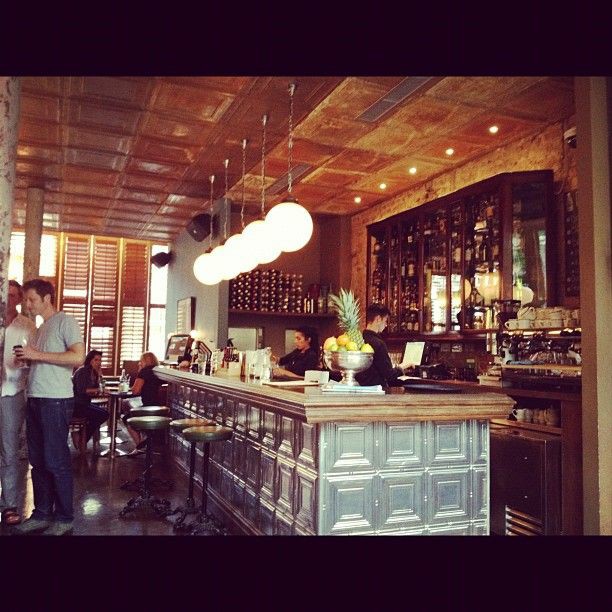
In the 2000s I conducted most of my business at Home House and delighted in the marquee set up in the garden where you could not only eat a lovely lunch , drink lovely wine and conduct lovely business, you could also watch lovely Wimbledon tennis matches on the lovely widescreen TV. It was just…lovely. I have spent many a pleasant afternoon in good company in the Drawing Rooms on the first floor and evenings in the sumptuous bedrooms upstairs.
Being a member of a Club seems to be still a thing. This is perhaps surprising given the more emancipated and egalitarian world we live in. Then again, people seem to like privilege. I do. I like exclusivity. I like life behind the ‘velvet rope’. Knowing people who are members of other clubs is another delight. The super successful Soho House Group is a frequently visited list of venues courtesy of my friend Simon and their NYC establishment is always lots of fun. I have visited the Frontline Club (war correspondents), the Conduit (philanthropists), the Arts Club in Mayfair (three guesses), One Alfred Place (business), Century Club (West End showbiz), the Army & Navy, the Liberal Club., the Foreign Correspondents Club in Cambodia, the Tower in Singapore. As I say, I love a Club. But I have yet to visit White’s, Boodles, the Garrick or Annabel’s. Plus I would like to visit the Tanglin in Singapore and a couple in India. (Maybe it’s a Colonial thing.)
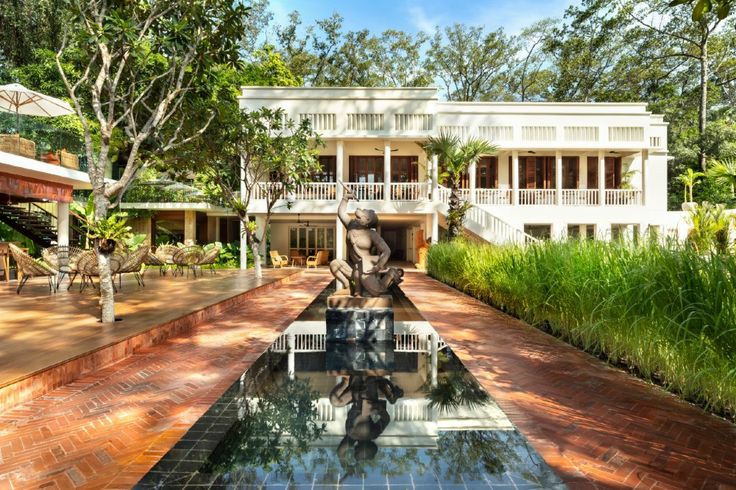
Ever since I watched Around the World in 80 days as a boy, Clubs have held the mystique of a grown up world of glamour, adventure and excitement. Phileas Fogg set off on his adventure from the Reform Club and those early associations with old men slumbering under broadsheet newspapers, of gin and tonics on the veranda in Colonial Clubs from Kenya to Calcutta, of be-turbaned servants bearing silver salvers of correspondence to members sitting in their wingback studded leather armchairs, of full size billiard tables, of countless conversations leading to hazardous enterprises, have worn heavily on my imagination. So many films portray the Club as that quintessentially British institution. They have been the backdrop for so many escapades, from Bertie Wooster’s Drone’s Club to the splendour of the fictitious Viceroy Club in the film The best exotic Marigold Hotel, to Rudyard Kipling’s encounter with his own character creations Peachy Carnahan and Daniel Dravot, who go on to conquer all of Kafiristan and inherit the treasure of Alexander the Great and the unfaithful cast of the film White Mischief. Clubs are sexy. Clubs are behind closed doors – forbidden to most, accessible by the few. And, as we all know, scarcity makes things more desirable.
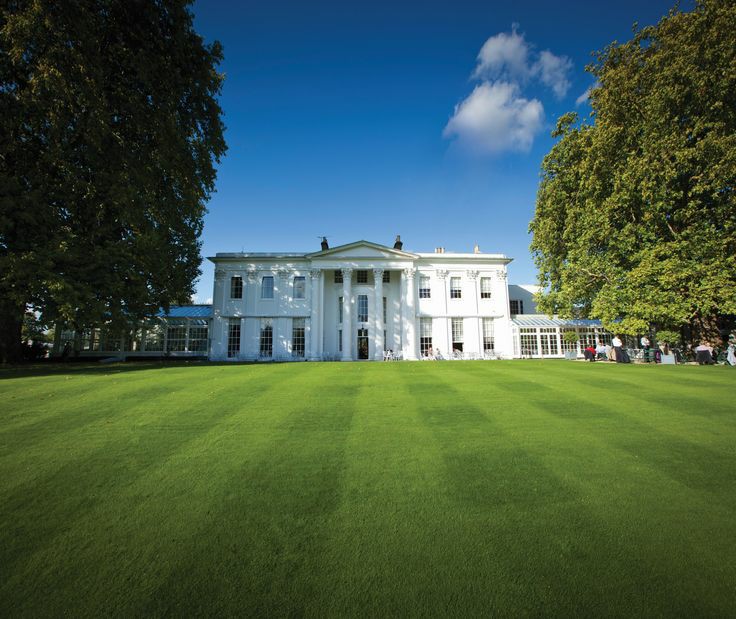
Yes. I have indulged many a glorious hour in my Clubs. Though I am not very clubbable. I am not a joiner-inner. I am not sociable and I rarely wander the rooms, make conversation with other members or attend Club functions. That, for me, is beside the point. I am content to keep my own company or invite my friends in to enjoy the place. It is a charmed life behind the doors of privilege and once in a while, that is just what you need.
